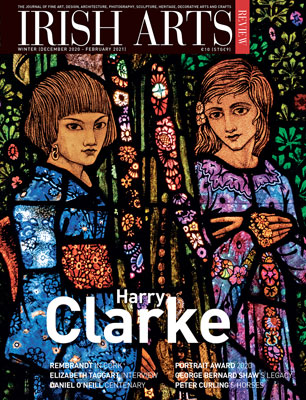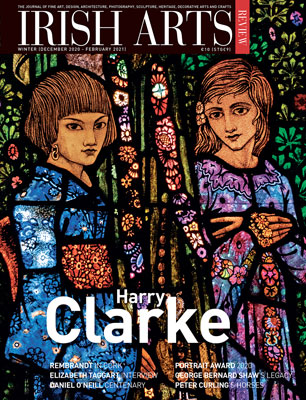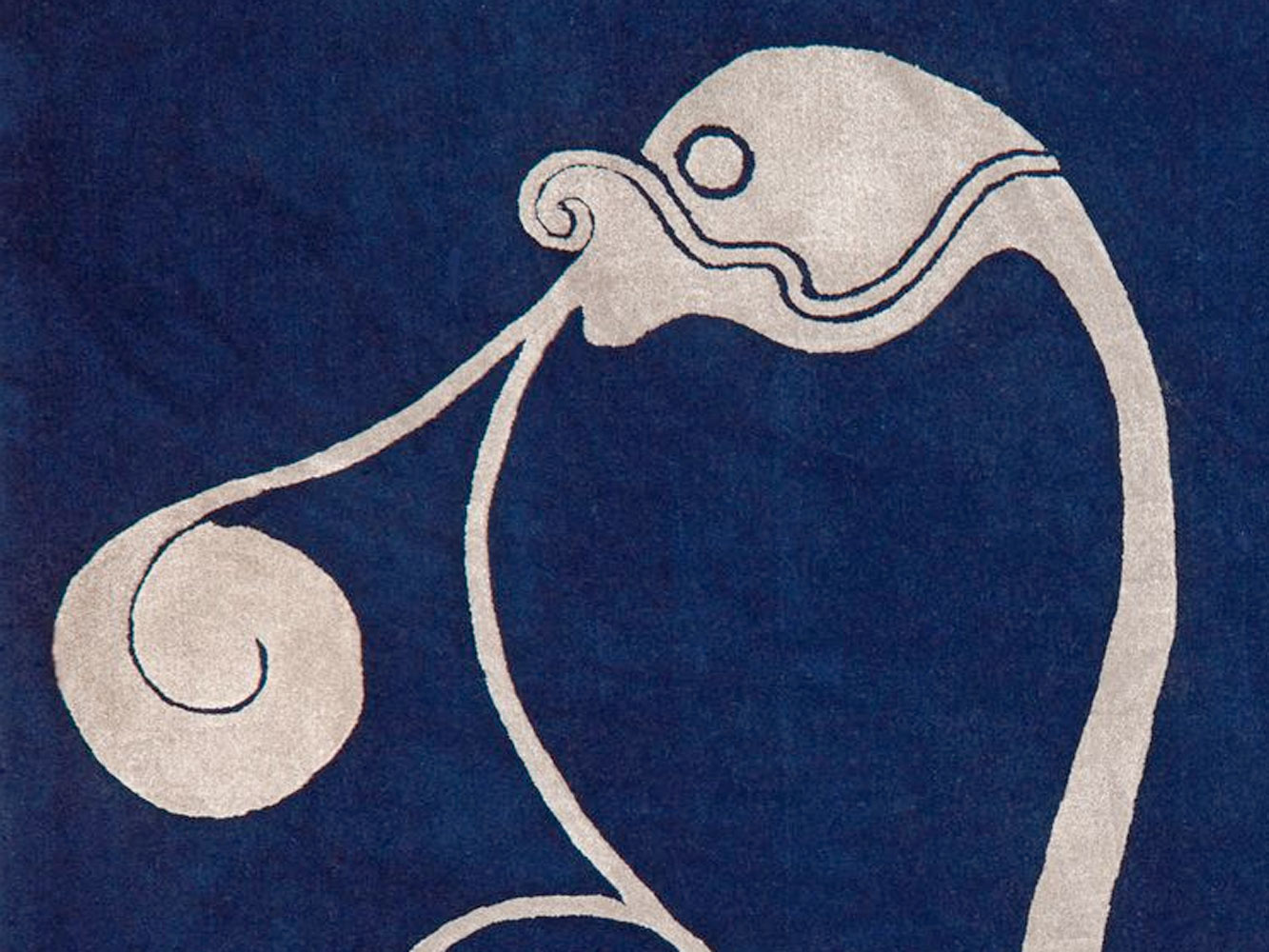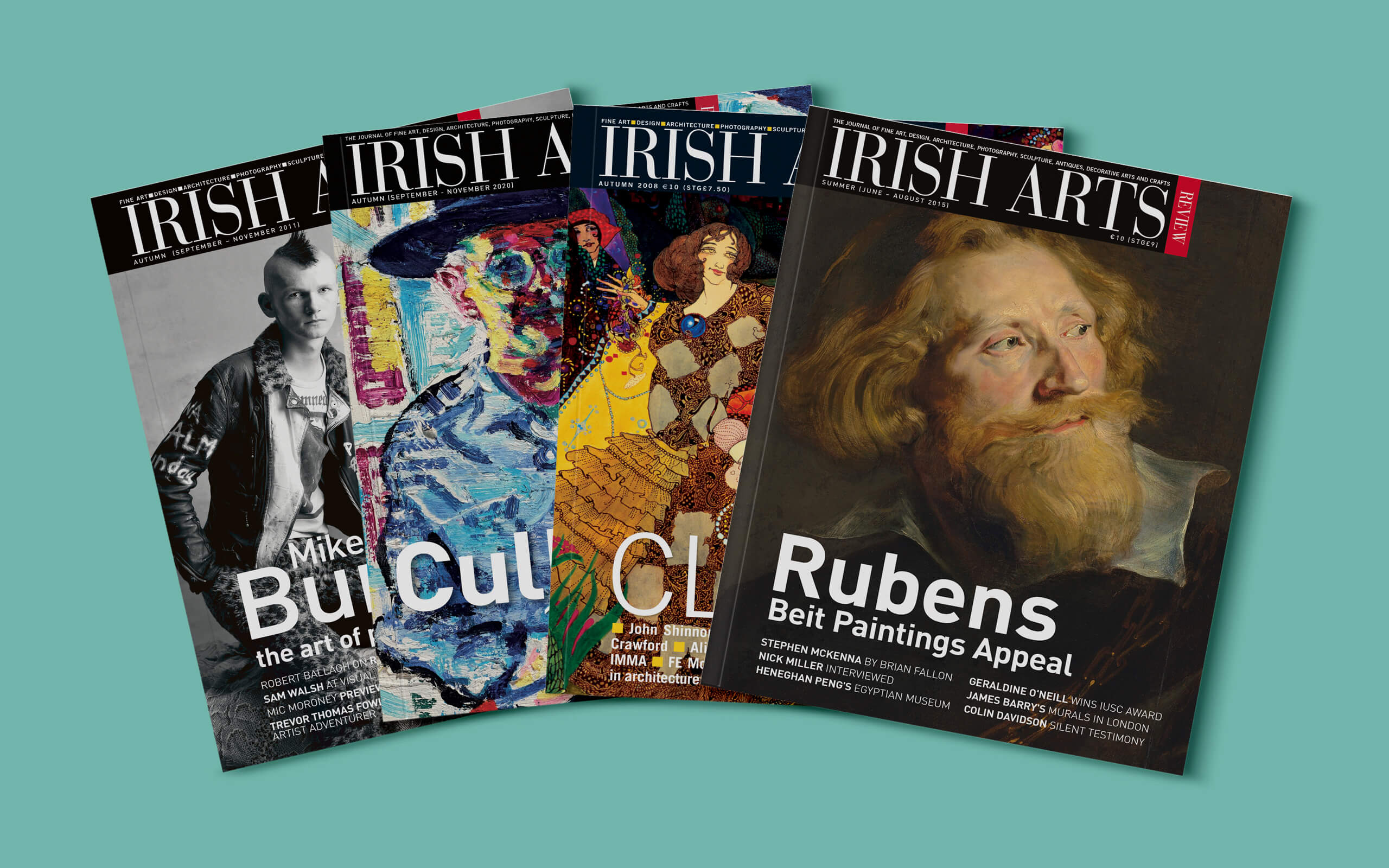Wexford artist Rose Jane Leigh died 100 years ago. MARY RUTH WALSH refl ects on the challenges Leigh faced as a female artist in the 1800s and how she overcame these with sheer determination – and talent. Meanwhile, another Irish artist, Daniel O’Neill, who was born in 1920, lit up the world in his own way with his vibrant paintings. BRIAN FALLONasserts that there is a ‘vacant plinth in thepantheon of Irish painting which O’Neill is overdue to step on to’. Now in its fi fteenthyear, the winner of this year’s Ireland-U.S. Council and Irish Arts Review PortraitureAward at the Royal Hibernian Academy’s Annual Exhibition is Darragh O’Connell’s Mick. This portrait of his son is ‘a powerful example of how the art of portraiture can express meaning on many levels’, writes ANGELA GRIFFITH. STEPHANIE McBRIDE casts her eye over the work of photographer Jeannette Lowe and her Edward Hopper-inspired series set around the streets of Dublin, which strike a chord in our current environment; and ahead of his upcoming exhibition at the Hillsboro Gallery in Dublin, AIDAN DUNNE recounts how Eddie Kennedy does not see himself as a landscape painter per se, but uses the landscape as a space in which things happen. DAVID CARON shines a light on the precarious future of the many exemplar stained-glass windows housed in religious institutions and tells the story of the fate of the four Harry Clarke windows contained in one church – although now scattered, thankfully, the windows remain intact.
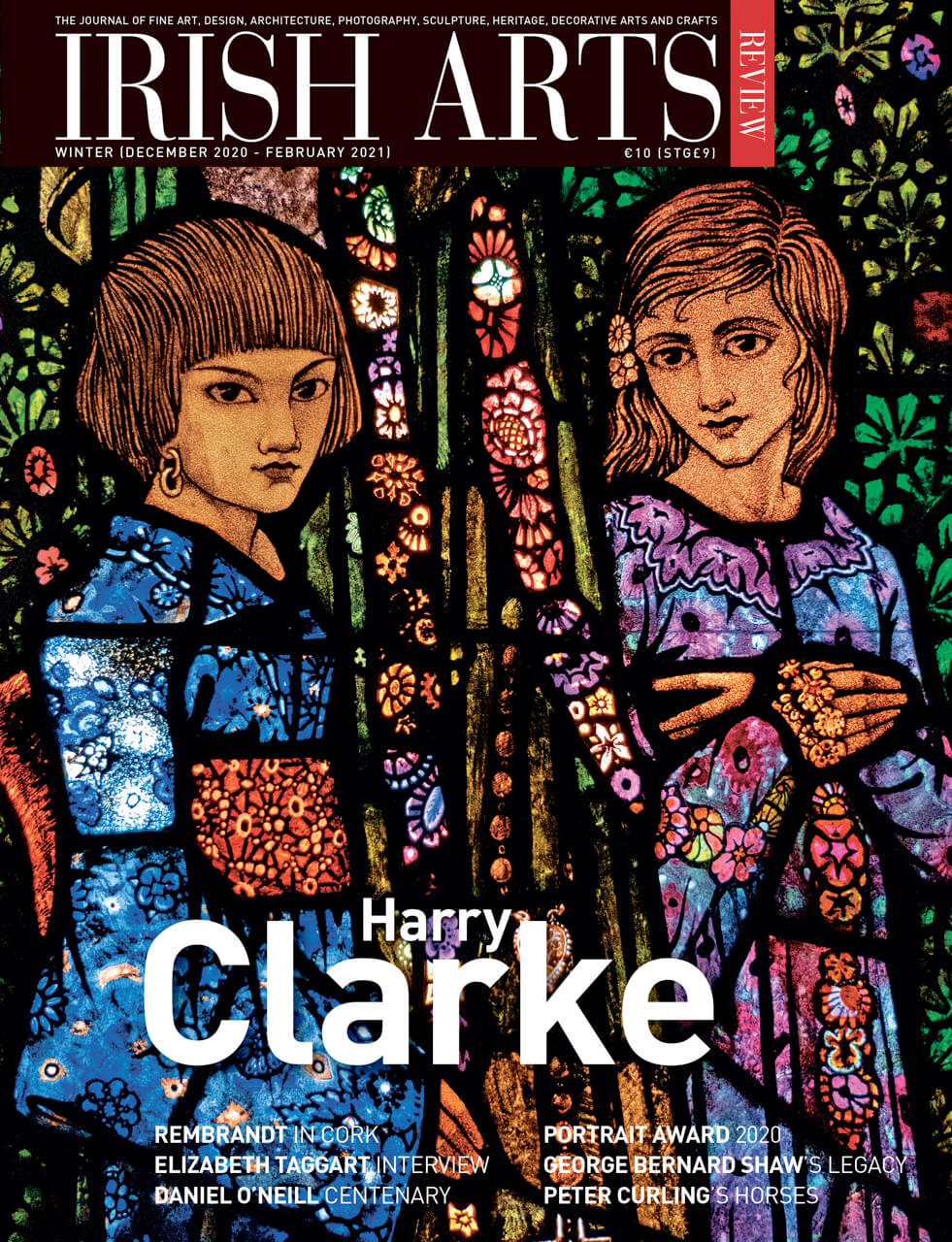
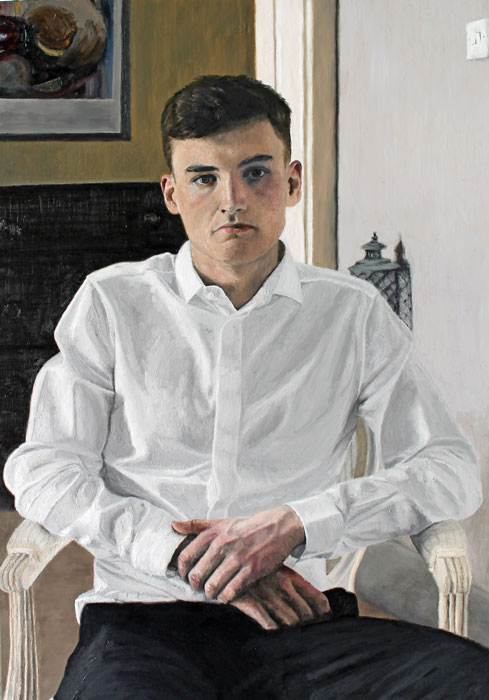
Darragh O’Connell’s portrait of his son Mick – winner of this year’s Ireland-U.S. Council and Irish Arts Review Portraiture Award at the RHA annual exhibition – is a painting of quiet, confident masculinity and a remarkable artistic achievement, writes Angela Griffith
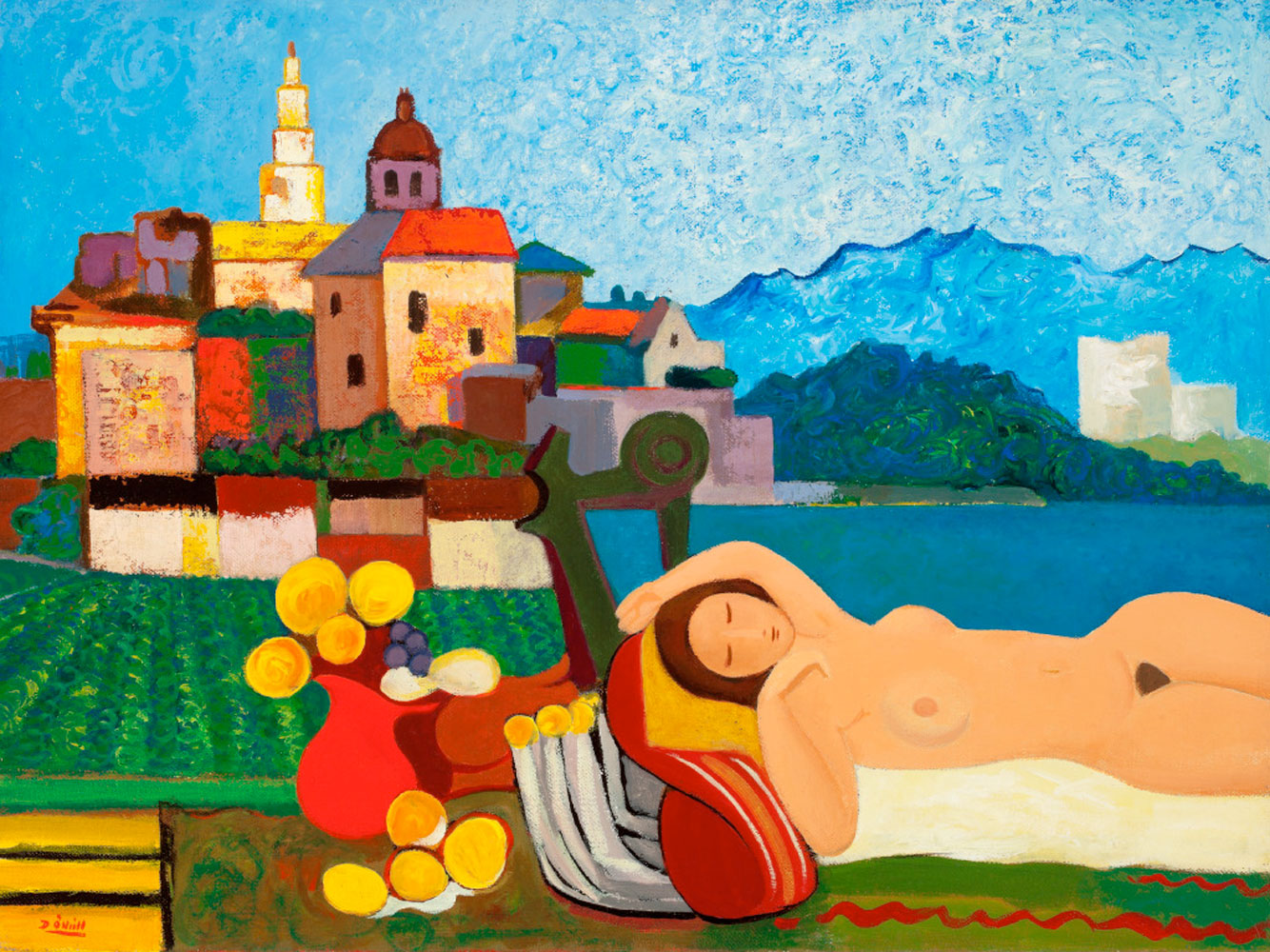
Unlike most Irish artists, colour is the very essence of Daniel O’Neill’s work and his time to re-enter the spotlight is overdue, writes Brian Fallon
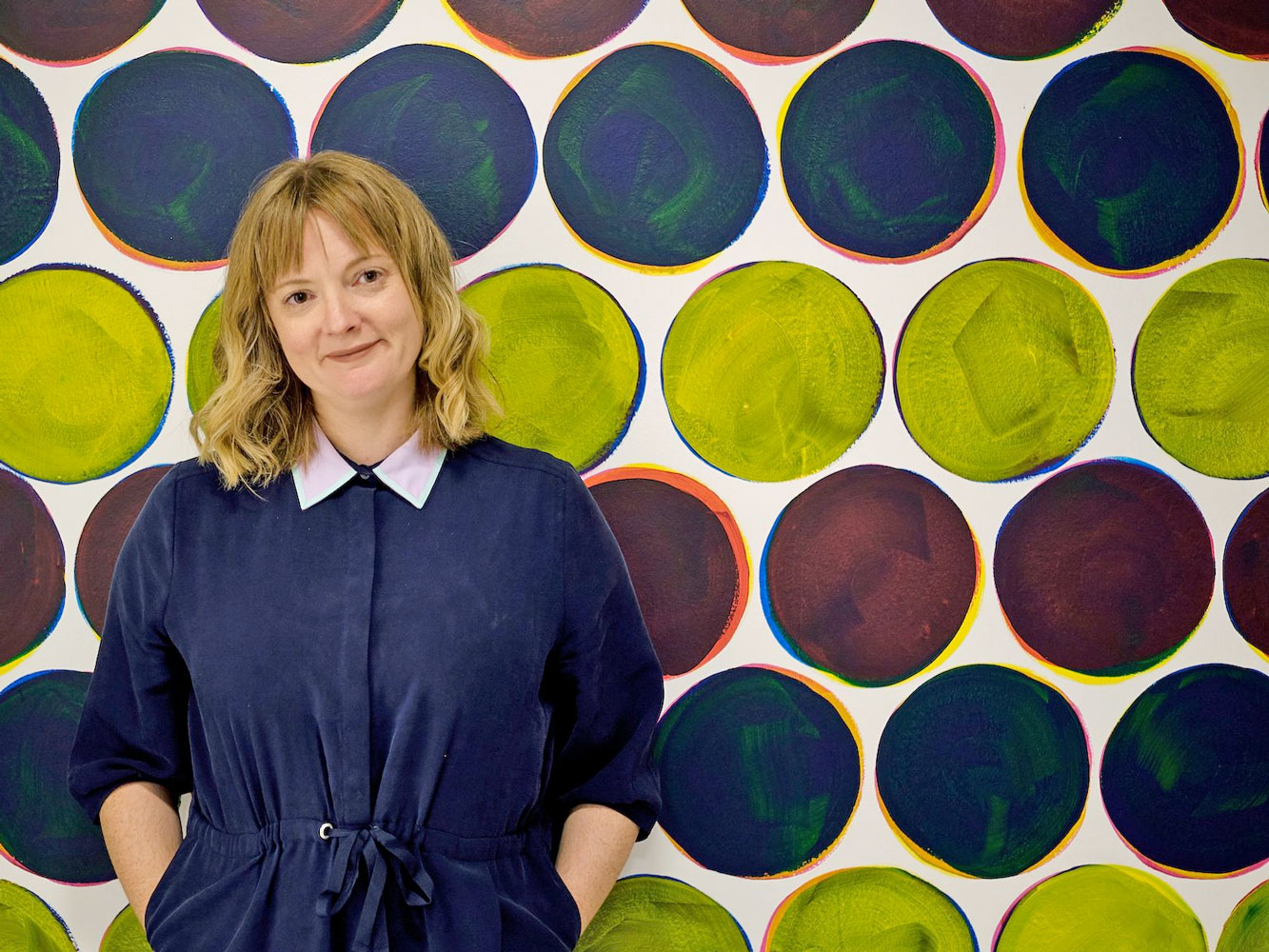
Susan Connolly’s work can be classified within the broad category of ‘expanded painting’, which rejects the traditional painting format of the easel and frame, writes Riann Coulter
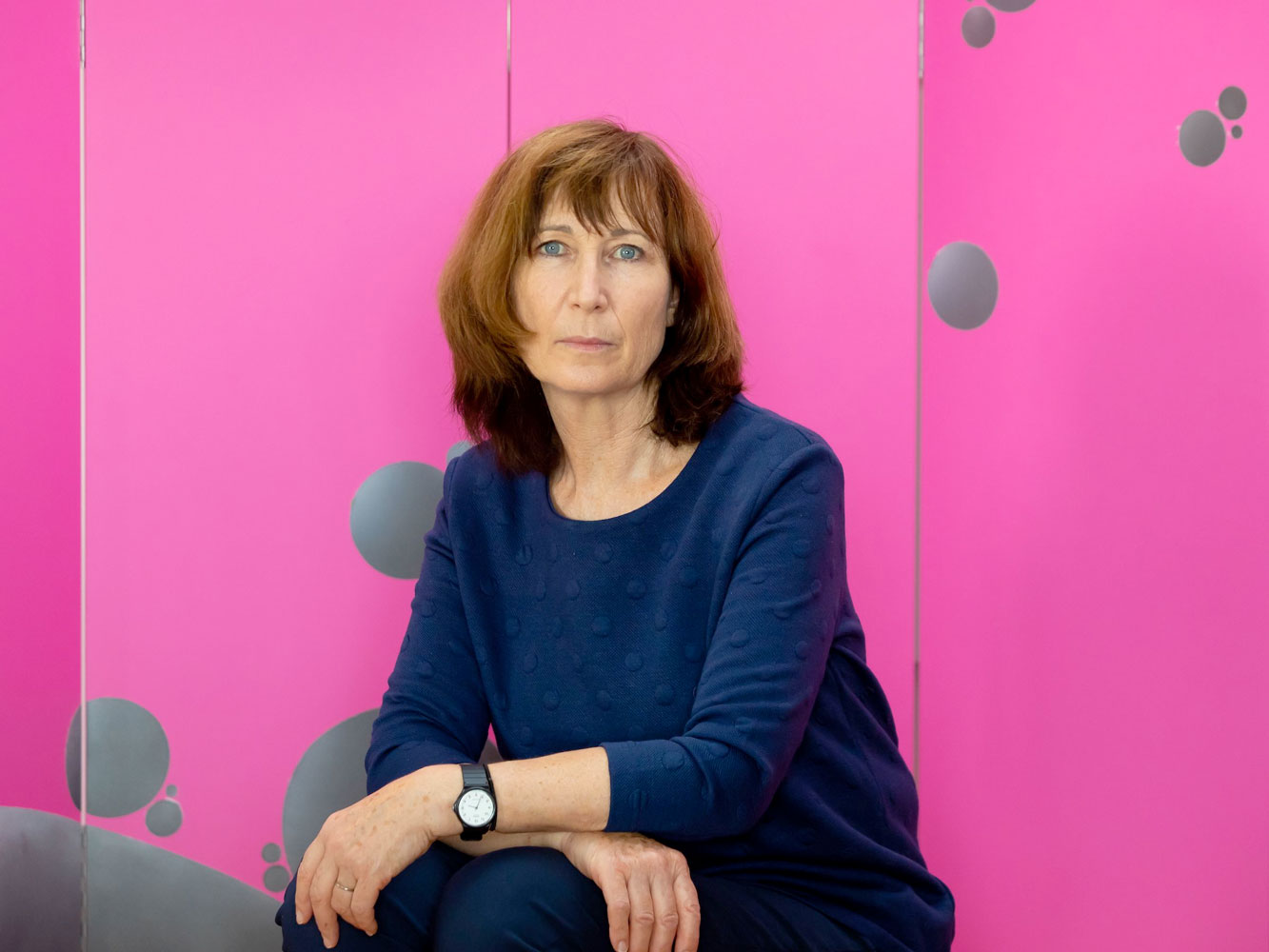
Employing film, collage and sculpture, Mary-Ruth Walsh considers the ways in which the complex psychological investment in skin is mirrored in the built environment, writes Sarah Kelleher
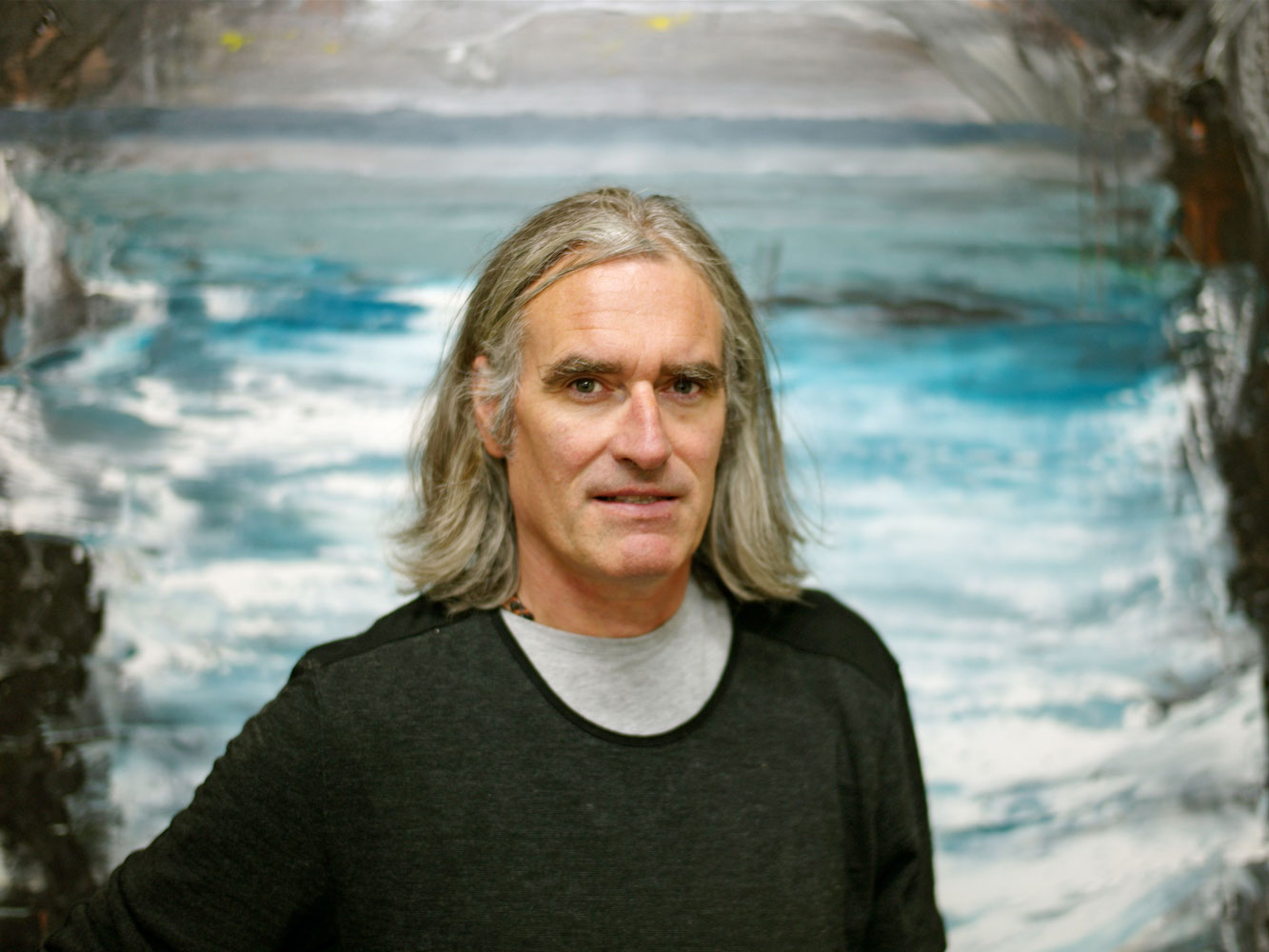
Working between the north Mayo coast and his Dublin studio, the landscape in Eddie Kennedy’s paintings is invariably a stepping stone to something else rather than an end in itself, writes Aidan Dunne
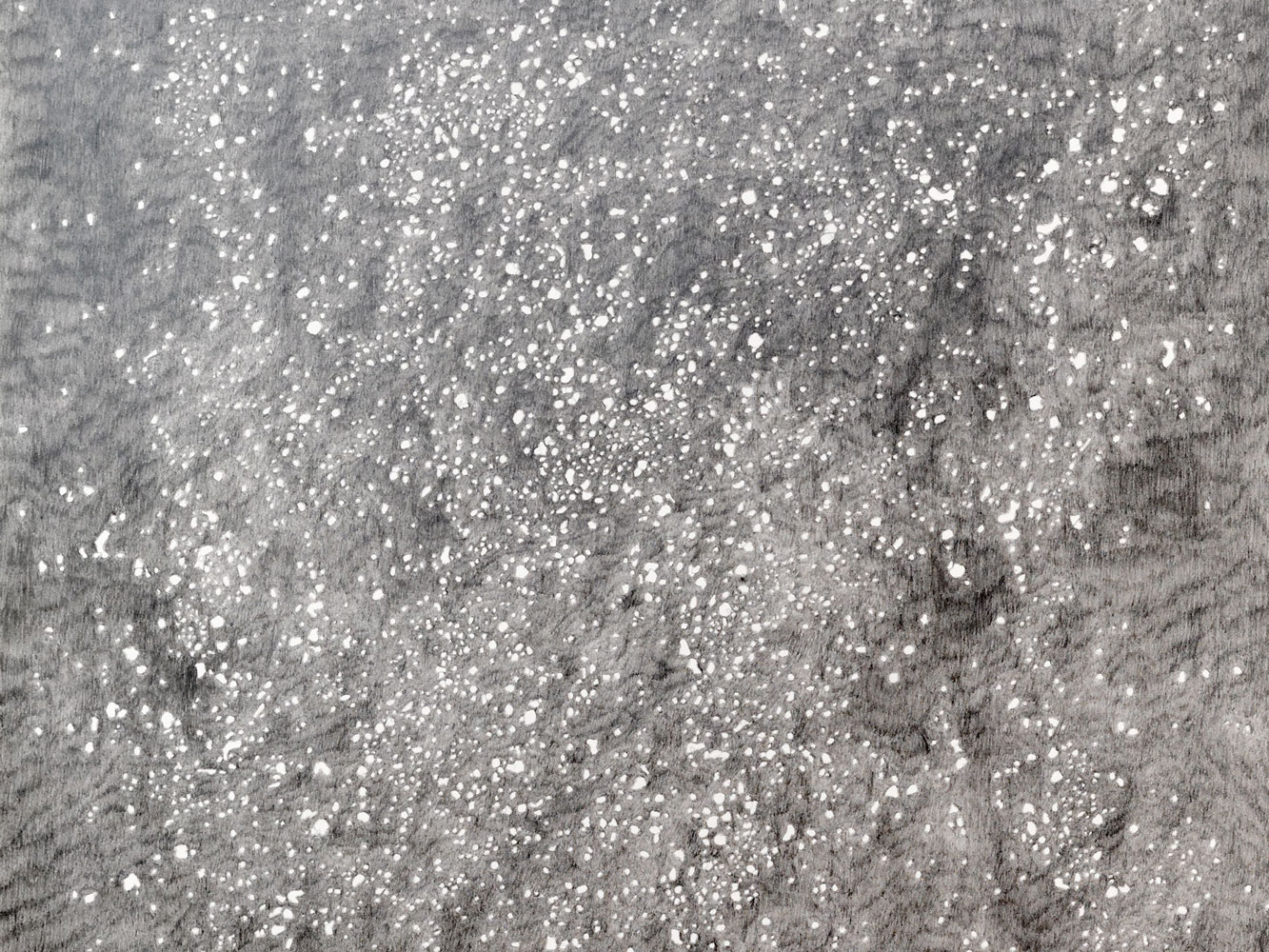
An exploration of the nature of line and time are fundamental to Brian Fay’s practice, writes Margarita Cappock
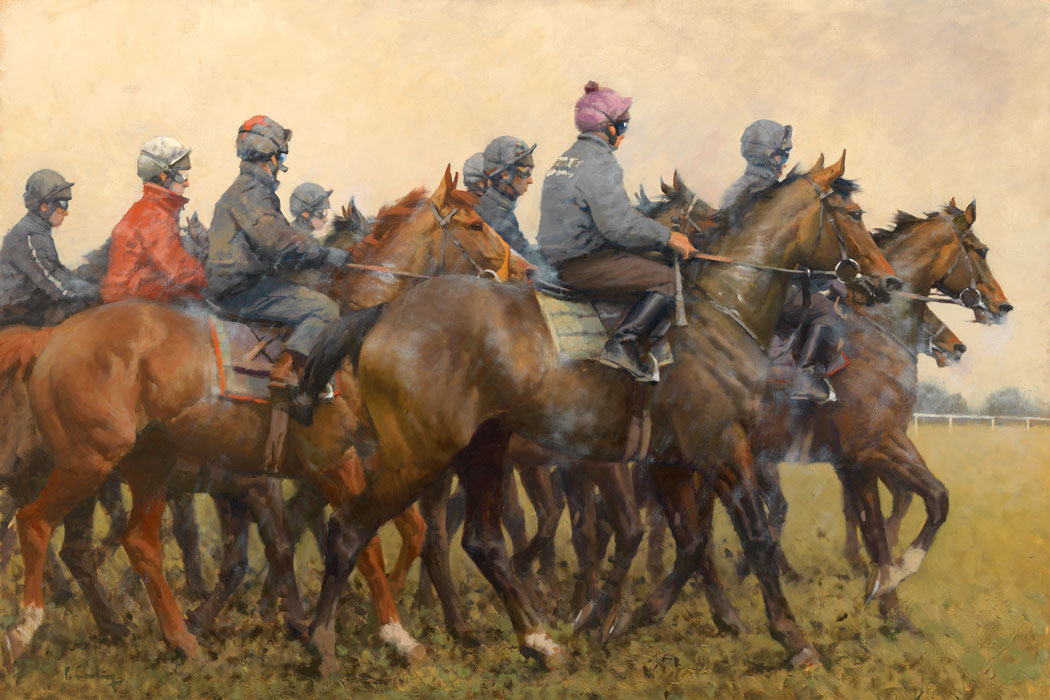
John P O’Sullivan visits renowned horse painter Peter Curling at his home and studio in Tipperary
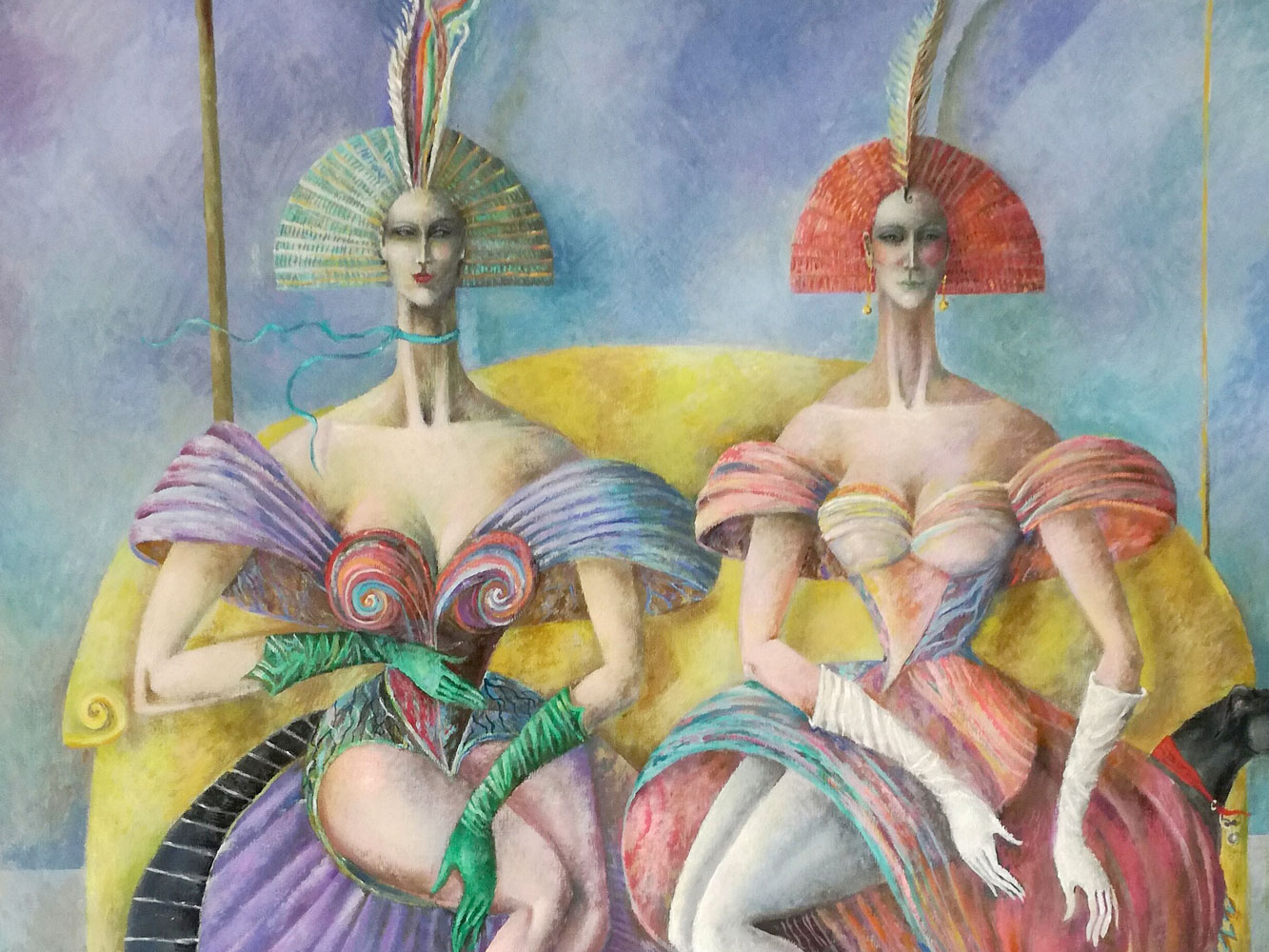
Elizabeth Taggart tells Brian McAvera that the seaside village of Donaghadee in which she grew up holds the key to what drives her as a painter
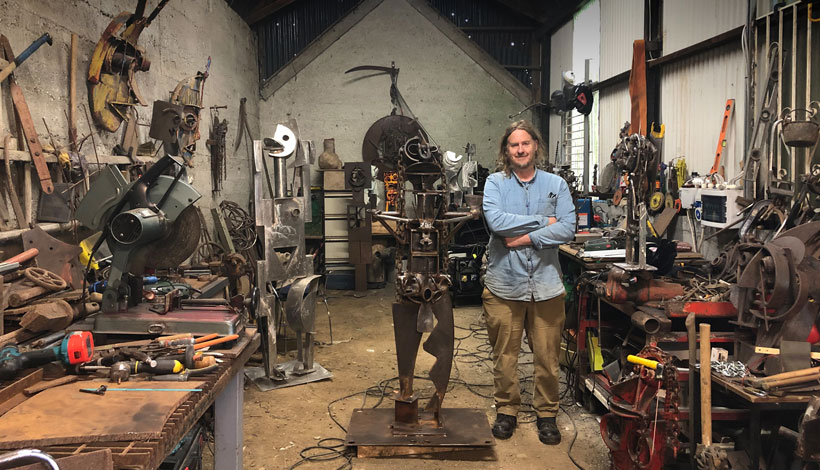
Joe Butler’s career shows a total dedication to his pursuit of open, direct metal sculpture, writes John Behan
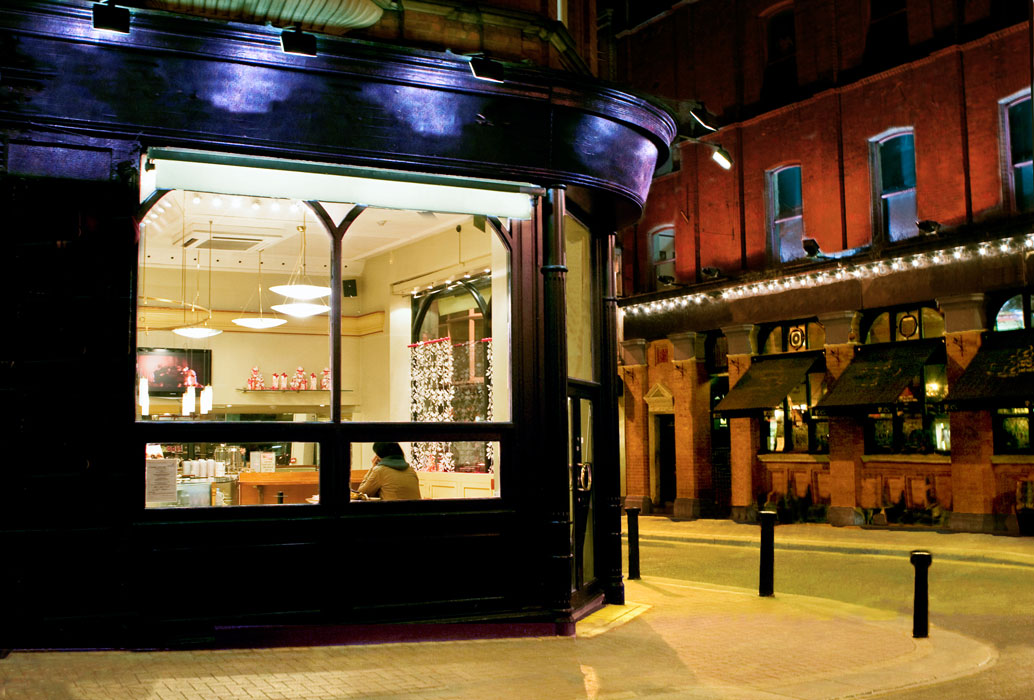
For her ‘Life Imitating Art‚’ series, Jeanette Lowe tells Stephanie McBride that she looked at scenes in Dublin as Edward Hopper might and created images using him as her influence
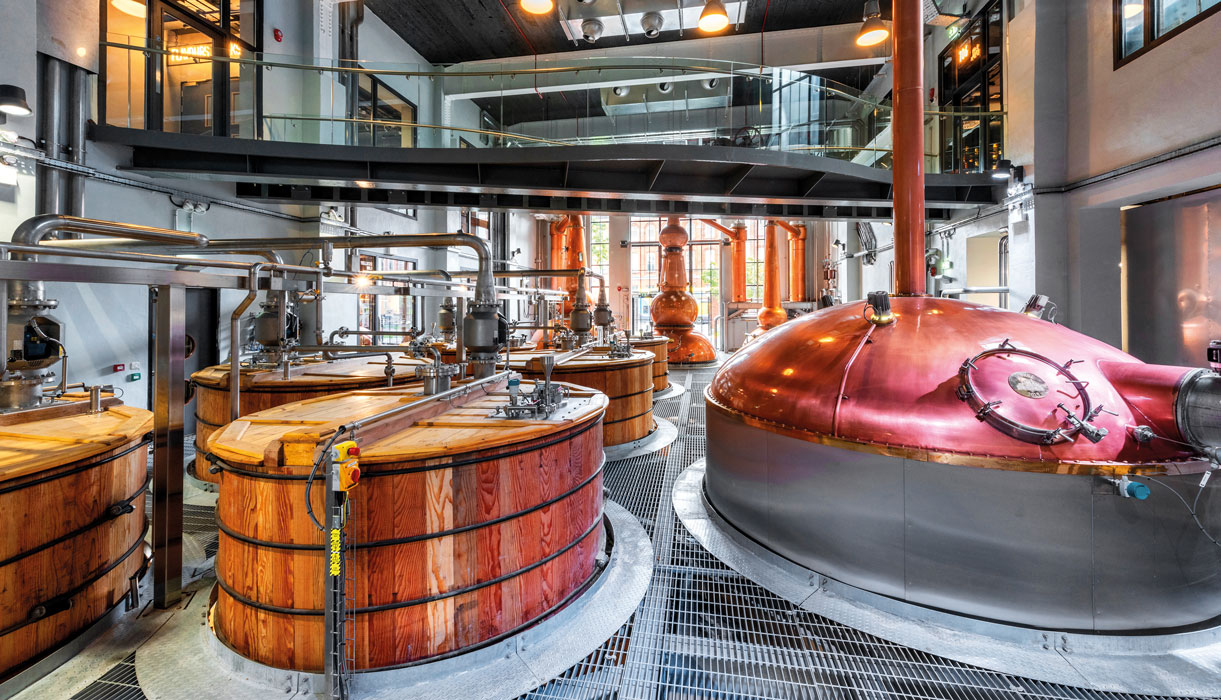
The new Roe & Co Distillery demonstrates that large industrial buildings can be reimagined successfully with a combination of bold vision and good design, writes James Howley
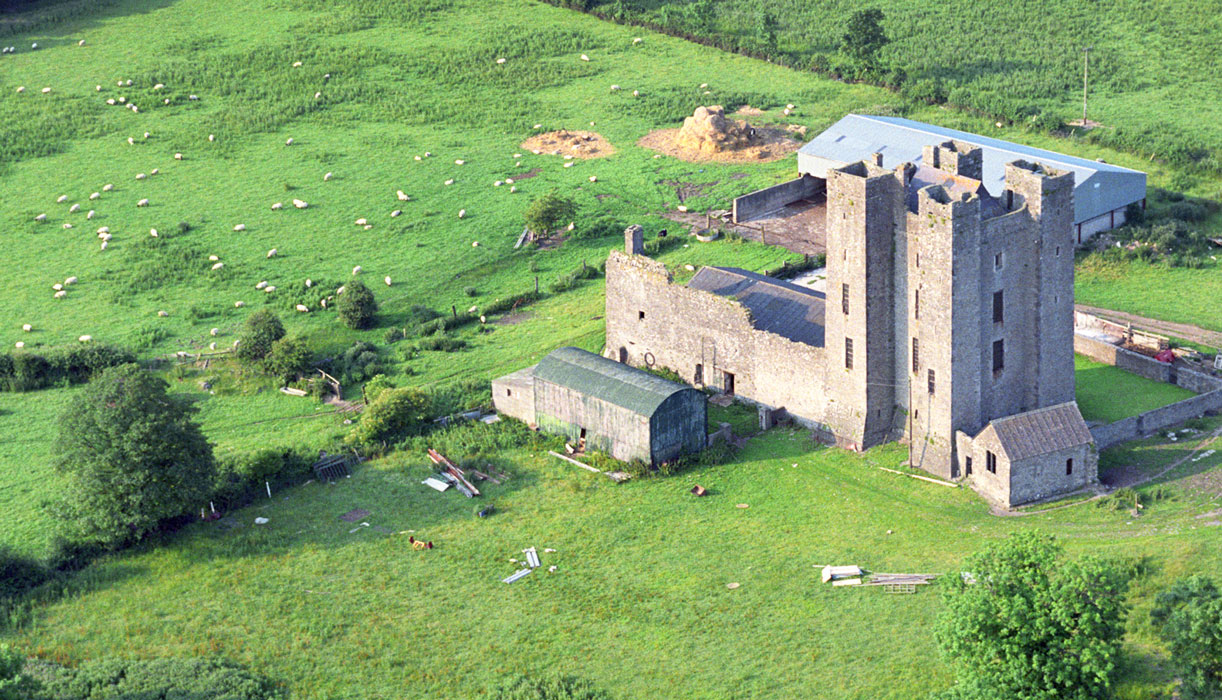
John Montague explores Dunsoghly Castle in North County Dublin, one of Ireland’s most interesting buildings
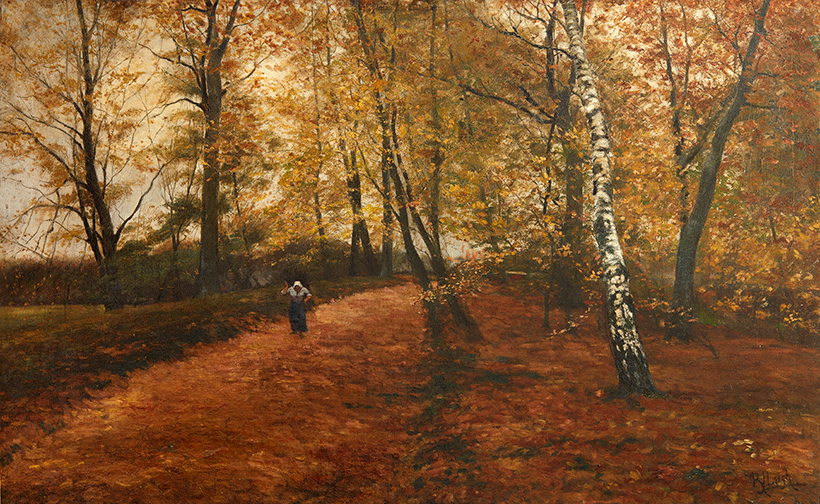
Rose Jane Leigh’s importance as an early pioneering Wexford landscape painter and her choice of studying in Antwerp placed her at the centre of the major art movements of the 19th and early 20th century, writes Mary Stratton Ryan
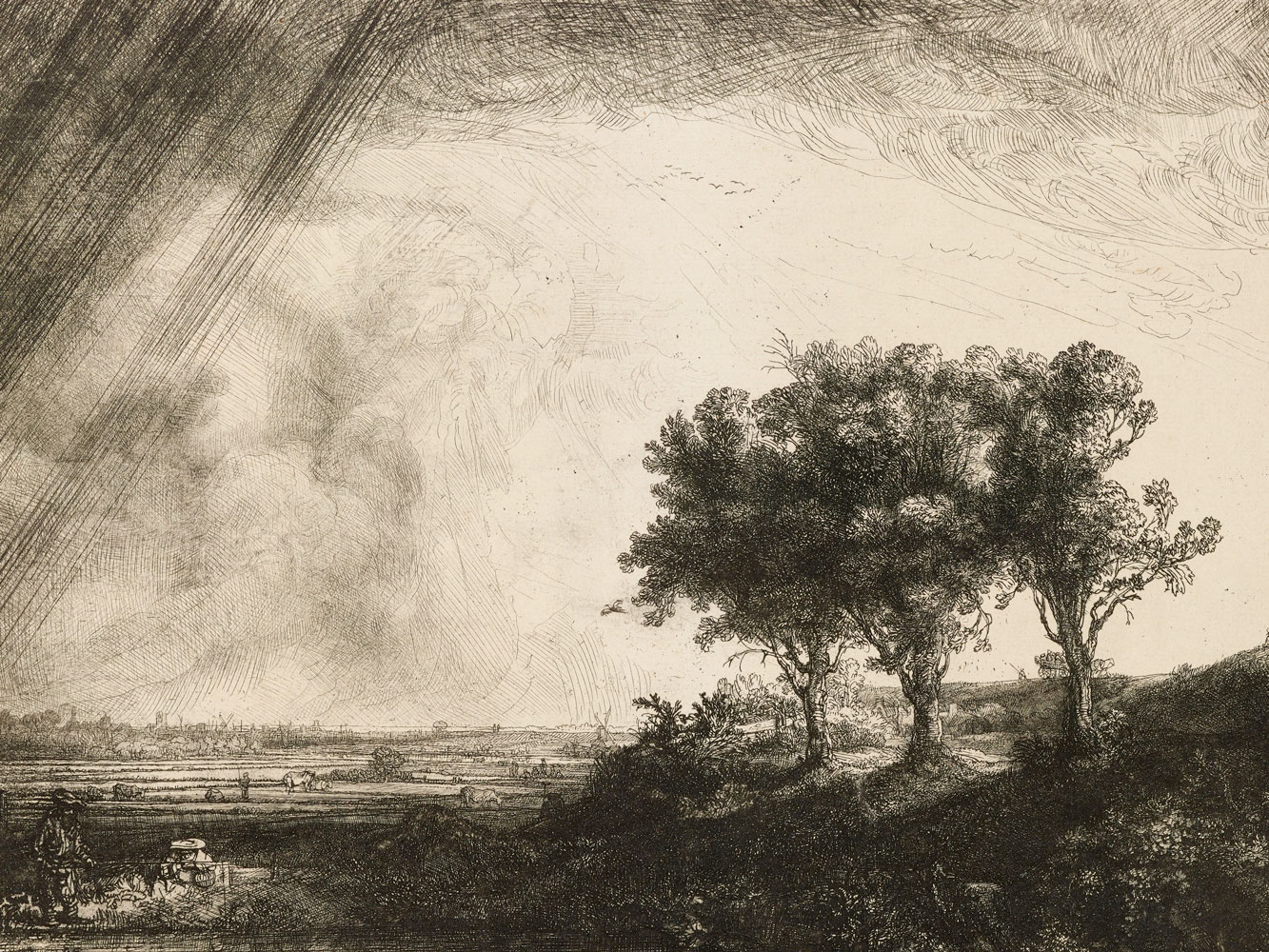
Rembrandt’s works on paper reveal the innovative artist as an unrivalled storyteller with an incredible eye for detail, writes An Van Camp
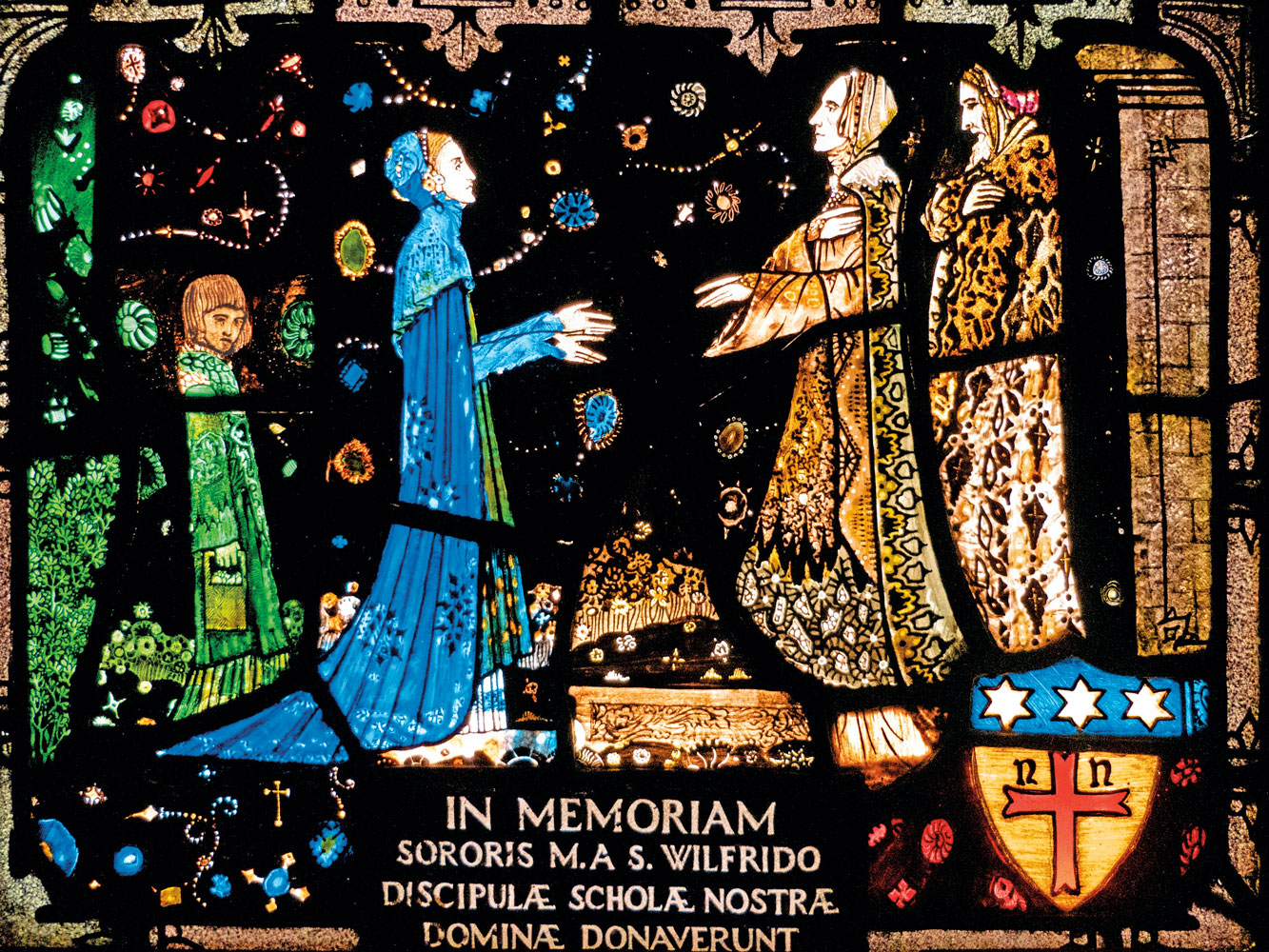
Of Harry Clarke’s four windows for Dowanhill’s chapel, The Coronation of the Blessed Virgin is arguably the finest in terms of composition and ambition and, fittingly, the window remains in Scotland – the only one to do so, writes David Caron
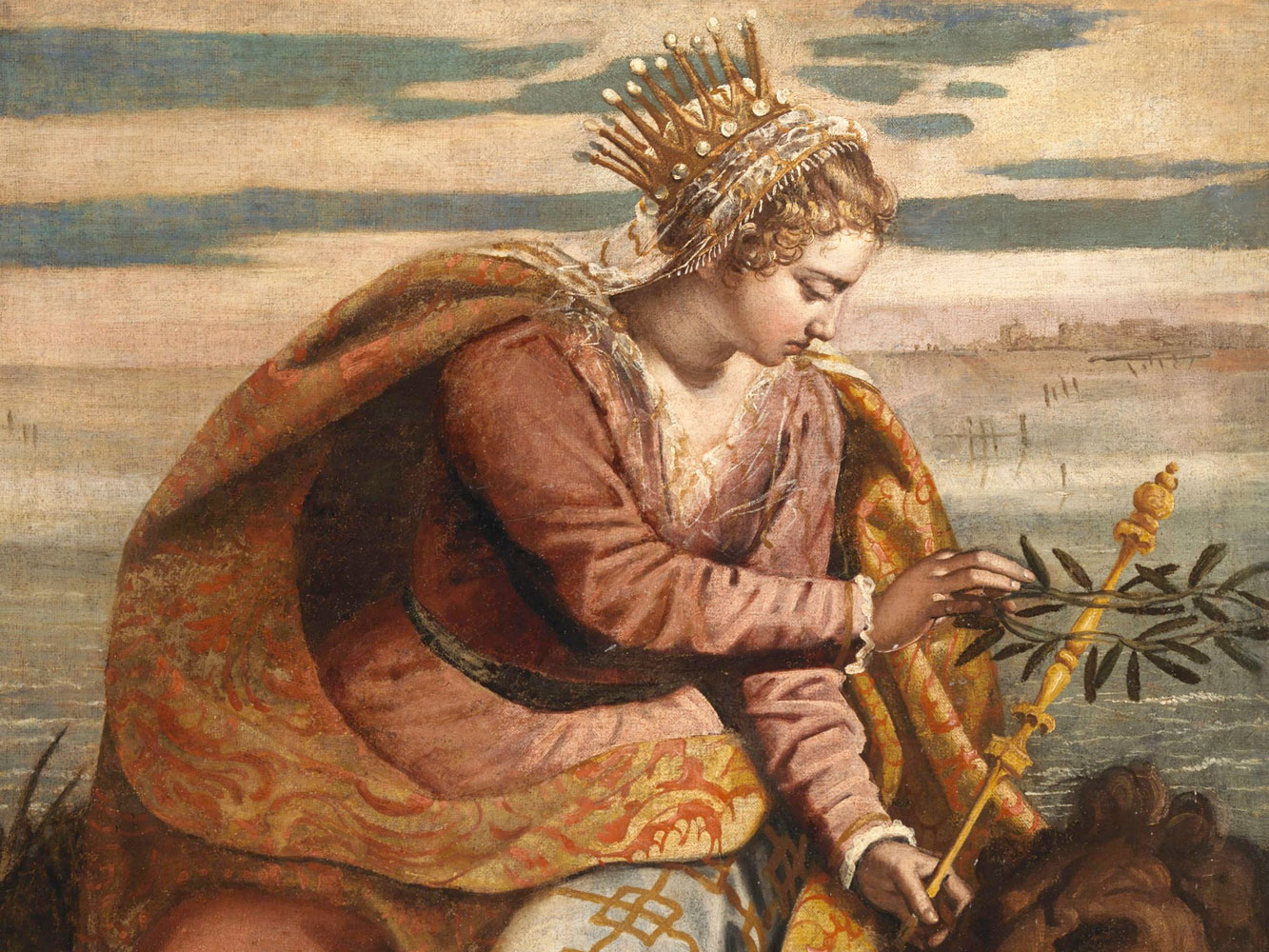
As George Bernard Shaw’s generous bequest to the National Gallery of Ireland draws to a close, Peter Somerville-Large looks at how the funds have been distributed
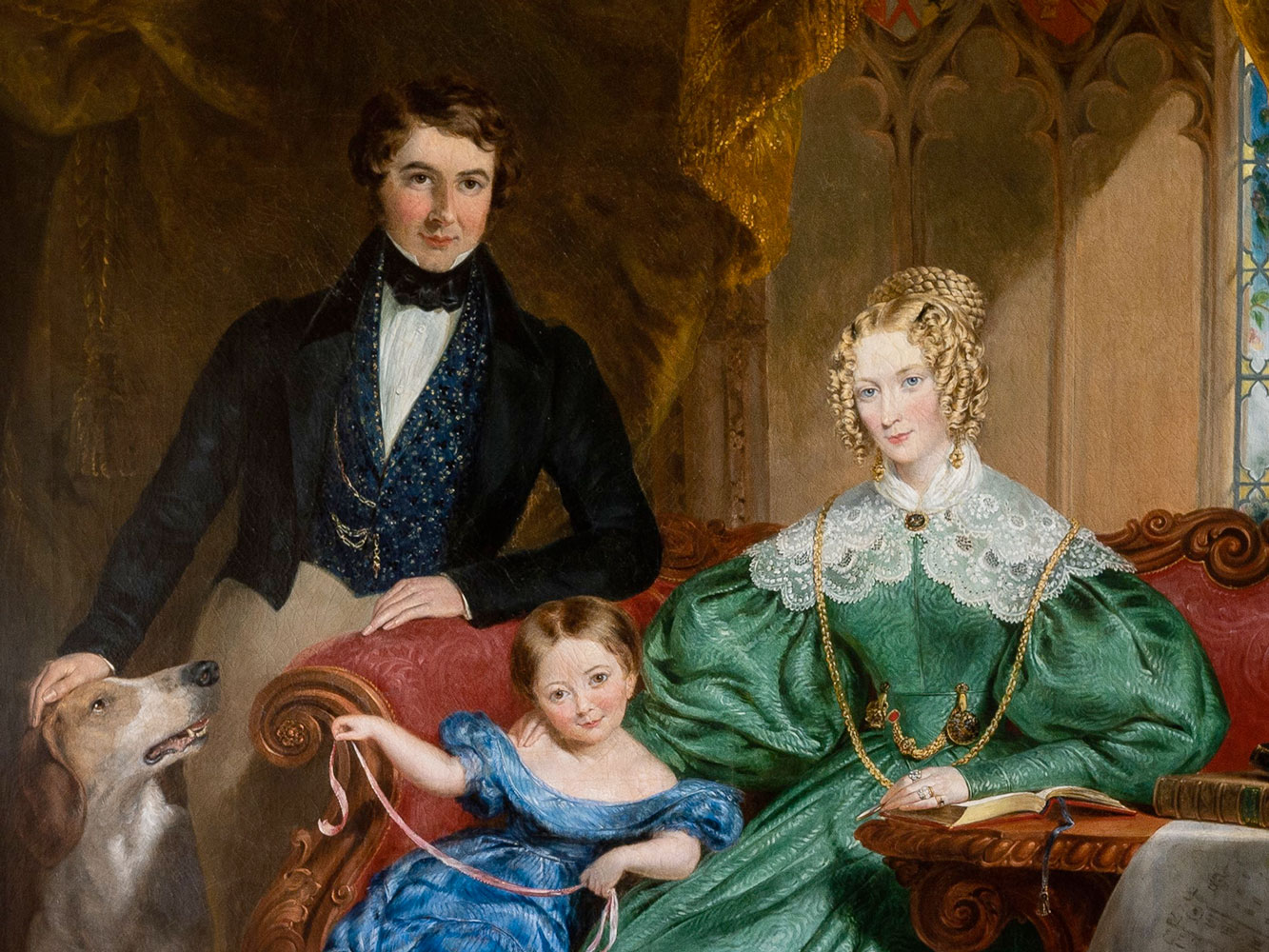
Emma O’Toole selects the portrait of Hamilton Knox Grogan Morgan and Family by Edmund Thomas Parris from the collection at Johnstown Castle
